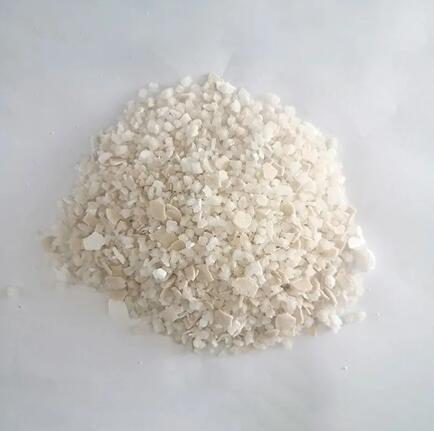The Rise of Environmentally Friendly Snow Melting Agents: A Sustainable Winter Solution
2024-09-03
Introduction: The Environmental Impact of Traditional Snow Melting Agents
Winter brings its own set of challenges, particularly when it comes to dealing with snow and ice on roads, driveways, and walkways. Traditional snow melting agents, such as rock salt (sodium chloride), have long been used to keep surfaces safe and free from ice. However, these agents come with significant environmental drawbacks. They can harm plant life, contaminate water supplies, corrode infrastructure, and negatively impact wildlife. In response to these concerns, there has been a growing interest in environmentally friendly snow melting agents that offer an effective and sustainable solution.
What Are Environmentally Friendly Snow Melting Agents?
Environmentally friendly snow melting agents are alternatives to traditional deicers that are designed to minimize environmental harm. These agents are formulated from natural or less harmful ingredients that are biodegradable and pose a lower risk to plants, animals, and water sources. Common ingredients in eco-friendly snow melting agents include magnesium chloride, calcium magnesium acetate (CMA), and organic compounds like beet juice and corn byproducts.
Key Benefits of Using Eco-Friendly Snow Melting Agents
1. Reduced Environmental Impact: One of the primary benefits of using environmentally friendly snow melting agents is their reduced environmental footprint. Unlike rock salt, which can lead to soil and water contamination, these agents break down more easily and do not accumulate in the environment. This makes them a safer choice for protecting local ecosystems.
2. Safer for Plants and Animals: Traditional deicers can damage vegetation and be toxic to pets and wildlife. Eco-friendly alternatives are gentler on plants and less likely to cause harm to animals, making them a better option for residential and commercial properties where pets and wildlife are present.
3. Minimized Corrosion: Rock salt is notorious for its corrosive effects on vehicles, roads, and bridges. Environmentally friendly snow melting agents are typically less corrosive, helping to extend the lifespan of infrastructure and reduce maintenance costs.
4. Effective Performance: While eco-friendly snow melting agents are kinder to the environment, they do not compromise on performance. Many of these products are effective at lower temperatures and provide reliable ice-melting capabilities, ensuring that surfaces remain safe for walking and driving.
Common Types of Environmentally Friendly Snow Melting Agents
1. Magnesium Chloride: Magnesium chloride is a popular eco-friendly deicer due to its effectiveness at lower temperatures and its lower environmental impact compared to rock salt. It is less corrosive and poses fewer risks to vegetation and water sources.
2. Calcium Magnesium Acetate (CMA): CMA is another widely used environmentally friendly snow melting agent. It is non-toxic, biodegradable, and safe for use around plants and animals. CMA works by preventing ice from bonding to surfaces, making it easier to remove.
3. Beet Juice Mixtures: A more innovative approach involves mixing beet juice with traditional deicers. The sugars in beet juice help to lower the freezing point of water, enhancing the effectiveness of the melting agent while reducing the overall amount of salt needed.
4. Urea: Urea is a nitrogen-based compound commonly used as a fertilizer. As a snow melting agent, it is less corrosive and safer for vegetation. However, it should be used cautiously near water sources, as it can contribute to nutrient pollution if not properly managed.
Conclusion: Embracing Sustainable Snow Management
As the world becomes more aware of the environmental consequences of traditional snow melting methods, the shift toward environmentally friendly snow melting agents is gaining momentum. These sustainable alternatives offer an effective way to manage snow and ice while protecting the environment and infrastructure. By choosing eco-friendly snow melting agents, homeowners, businesses, and municipalities can contribute to a greener winter season and a healthier planet.



